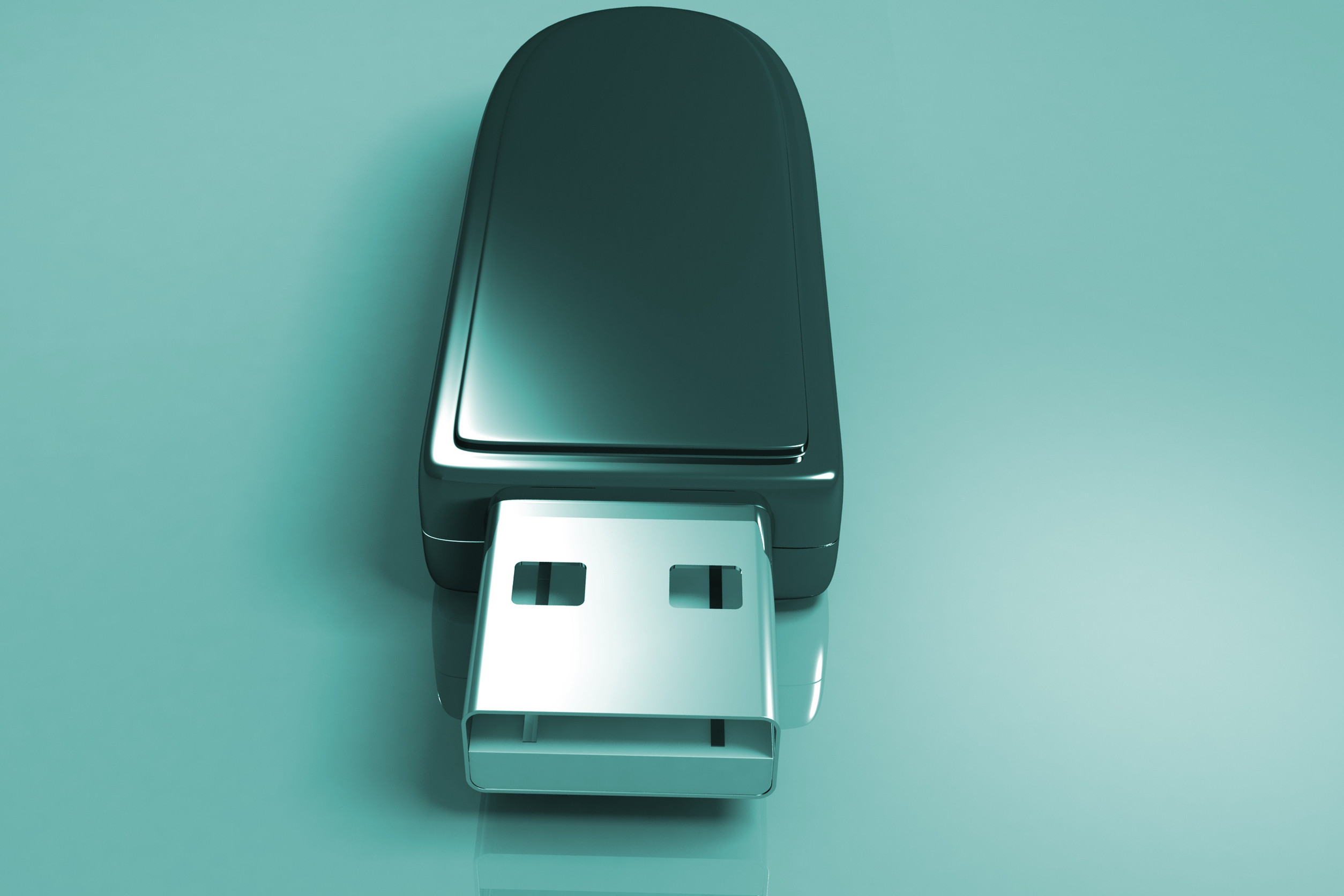
Image Source: 123rf.com
The humble USB drive—a tool many use daily—is being weaponized by criminals in increasingly sophisticated scams. Placed innocently in public spaces like parking lots or sidewalks, these devices tempt unsuspecting individuals to plug them in, not realizing the risks involved. Here’s why criminals are using this tactic, the dangers it poses, and how to protect yourself.
1. The Temptation to Plug In
When spotting a USB drive in public, many people’s first instinct is curiosity: “Could this belong to someone important?” or “Might it contain valuable information?” Criminals exploit this curiosity, banking on the fact that someone will eventually pick up the device and connect it to their computer. It’s a surprisingly effective method for initiating cyberattacks.
2. The Malware Threat Inside
Once plugged in, USB drives can deliver harmful software directly into a victim’s computer. These devices may contain malware that steals personal information, locks files until a ransom is paid (ransomware), or even provides remote access to the criminal. The act is known as “USB baiting,” and it’s an easy way for hackers to bypass traditional security measures.
3. Corporate Espionage Tactics
The stakes become even higher when USB baiting is used for corporate espionage. Criminals may strategically leave compromised drives near offices or industries to infiltrate sensitive systems. Once inside, they can steal proprietary data, sabotage operations, or sell stolen information to competitors. Companies are increasingly warning employees about this threat and implementing policies to safeguard against it.
4. How USB Drives Trick Systems

Image Source: 123rf.com
Many compromised USB drives are programmed to execute malware as soon as they are connected to a computer. Others mimic keyboards and automatically type commands to hijack the system. This sneaky technology makes it difficult for victims to recognize the threat until it’s too late. Advanced versions even manipulate anti-virus programs to remain undetected.
5. How to Protect Yourself
Avoid falling victim to USB baiting by following these precautions:
- Never Plug In Unknown USB Drives: If you find a USB in public, treat it as suspicious.
- Use Read-Only USB Ports: Some security devices only allow USBs to be connected in a non-executable mode.
- Invest in Antivirus Software: Ensure your computer has robust protection to catch threats early.
- Report Suspicious USBs: If you find one near your office or in a high-security area, notify local authorities.
Don’t Let Curiosity Lead to Chaos
Criminals know how to turn curiosity into vulnerability, and USB baiting is a clear example. By staying vigilant and adopting safe practices, you can protect yourself and your devices from these sneaky schemes. The next time you see a USB drive lying around, think twice before picking it up.
Have you ever encountered a suspicious USB drive? What are your thoughts on the effectiveness of these tactics? Share your experiences in the comments below.
Read More:
How Scammers Are Using Stolen License Plates to Frame Innocent People
The Silent Car Theft Trick That’s Fooling Even Smart Drivers

Latrice is a dedicated professional with a rich background in social work, complemented by an Associate Degree in the field. Her journey has been uniquely shaped by the rewarding experience of being a stay-at-home mom to her two children, aged 13 and 5. This role has not only been a testament to her commitment to family but has also provided her with invaluable life lessons and insights.
As a mother, Latrice has embraced the opportunity to educate her children on essential life skills, with a special focus on financial literacy, the nuances of life, and the importance of inner peace.
Leave a Reply